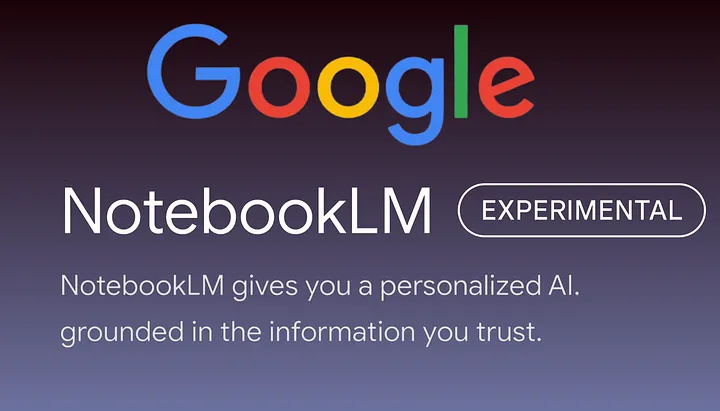The Article Tells The Story of:
- Audio Overview Feature: Google’s NotebookLM introduces Audio Overview, an AI tool that turns notes into podcast-style discussions hosted by conversational AI.
- Functionality: Powered by the Gemini AI model, the feature generates dynamic audio summaries with light banter, connecting topics naturally from uploaded content.
- Limitations: The feature struggles with sensitive topics, occasional awkward phrasing, and is currently available only in English with a few-minute processing time.
- Use Cases: Ideal for students, professionals, and listeners, Audio Overview offers a unique way to review and interact with information audibly.
What is Audio Overview?
Google’s NotebookLM now includes a feature called Audio Overview, which transforms research notes and documents into podcast-style audio discussions. Powered by Google’s Gemini AI model, the feature generates two AI hosts that discuss the content conversationally. These hosts summarize material, connect topics, and even include light banter to create an engaging and dynamic experience.
To try the feature, users can upload a document in NotebookLM, navigate to the Notebook guide, and select “Load” next to Audio Overview. The AI then creates a personalized podcast based on the uploaded content.
Realism and Limitations of AI Hosts
Early testers have noted that Audio Overview’s AI hosts sound surprisingly human, often using playful tones and expressions. For example, when discussing the invention of the light bulb, AI hosts emphasized teamwork and humorously referred to platinum as “bling bling metal.”
However, the feature has some quirks. AI occasionally spells out words or uses awkward phrasing. Additionally, its tone may not suit sensitive or serious topics like healthcare or global conflicts, where humor or casual commentary might be inappropriate.
The feature is currently available only in English and can take a few minutes to generate a podcast. Google has clarified that the tool provides a summary of the user’s notes rather than a comprehensive or objective analysis.
Why Use Audio Overview?
Despite its limitations, Audio Overview offers a fresh way to interact with research and notes. It is especially useful for:
- Students: Reviewing notes in an engaging, conversational format.
- Professionals: Preparing presentations or organizing ideas.
- Listeners: Consuming information audibly instead of reading.
This feature builds on NotebookLM’s existing strengths in summarizing and analyzing content. It provides an innovative tool for anyone looking to process information in a dynamic, accessible way.
Conclusion
Google’s Audio Overview introduces an exciting way to engage with information by transforming notes into podcast-style discussions. While the feature has room for improvement, its potential applications in education, research, and entertainment are enormous. For those curious about cutting-edge AI tools, NotebookLM’s Audio Overview is worth exploring. Try it today to experience the future of AI-driven communication.
Stay updated: Artificial Intelligence – Tech News


